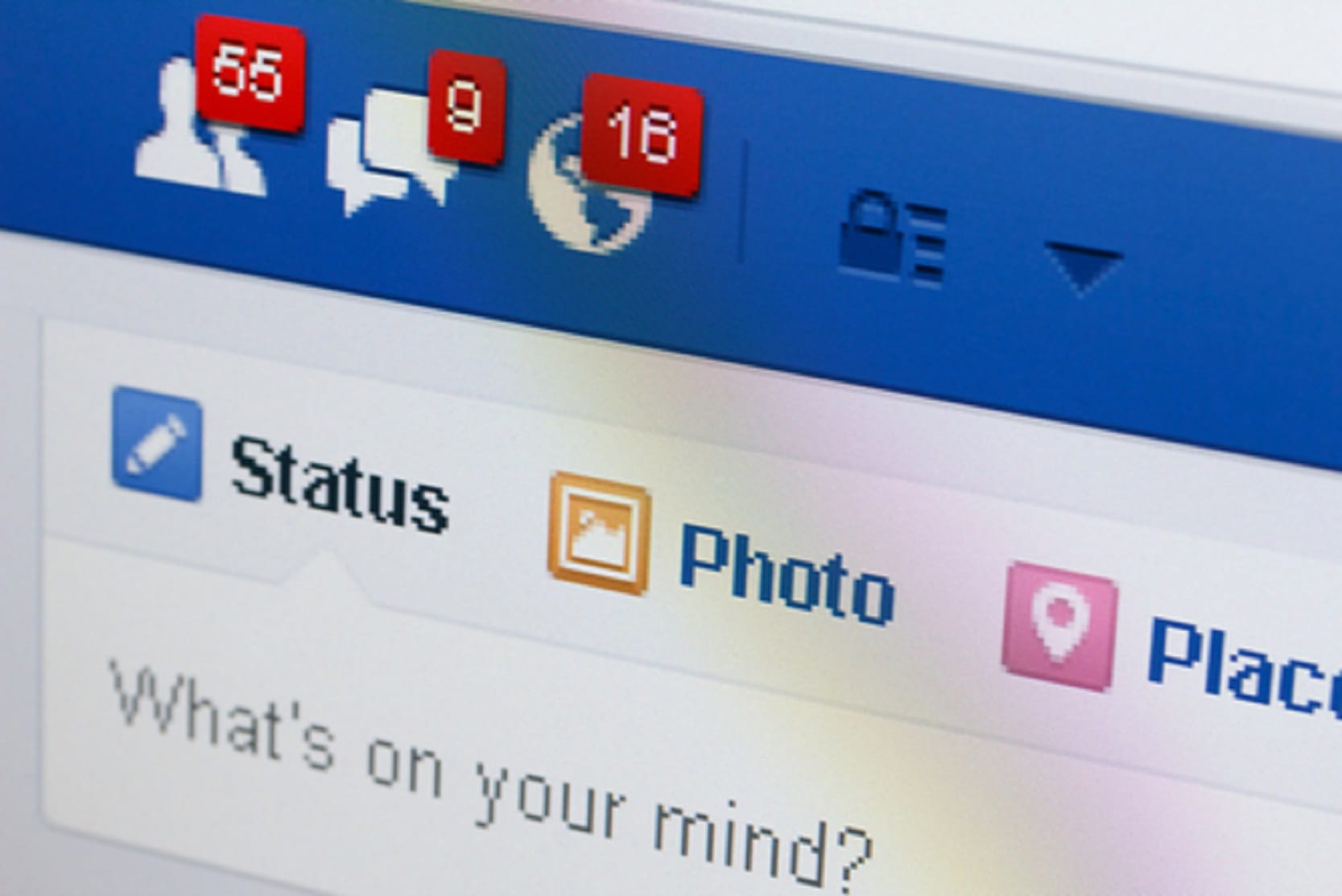I never truly understood the impact of a Facebook status until recently. As a twenty-something on the journey of self-discovery, I’m naturally drawn to inspirational quotes, hysterical life observations, good old-fashion sarcasm and self-deprecating anecdotes of the day’s events.
After posting what I felt were a few insightful one-liners, I noticed something very interesting. I began to get non-stop text messages, emails and even phones calls from people checking in on me. “Facebook friends”, from my loved ones to my most bypassing of acquaintances, all were potentially weighing in on “what I was going through”… or so they thought. But my statuses were NOT my cry for help. It just wasn’t that serious. It actually concerned me even more that people were taking my Facebook status’ for way much more than they were worth or ever intended. Facebook isn’t exactly an outlet for me to receive constant criticism and feedback either. I was just talking. Never did I expect for people to really listen. After all, it’s social media and I am no one special.
It’s one thing when people update their personal pages with their political views and opinions and are expecting a reaction from followers, but even when my statuses were basic in their meaning, it invoked un-welcomed responses which led to over analyzing every word in seemingly straightforward declarative statements.
I write simply to write. (Not to inform the mass population about every single thing going on in my life.) My statuses do not dictate my experience from moment to moment. It is just my way of staying connected.
Regardless of whether my status is a true reflection of my current feelings or state of mind, I never expected others to get so deeply involved. But now as my notifications roll in rapid, I couldn’t help but to think of the true psychology behind how others view the after-effects of making our words so public, even if unintentional.
If posts are exaggerated, is the account holder insecure? Bored? etc. However, don’t you think it is unfair or unwise to try and define a person solely on their status updates? I do. In the digital world, it is especially easy for the viewer to misunderstand the meaning behind a post and make the wrong assumption.
For instance, I am a writer. More often than not, Facebook is a way for me to test out ideas, interact, share my random thoughts and articles, and sometimes I even use the network as an avenue for myself to vent (in an engagingly, witty manner of course).
So no, I don’t think that status updates depict my personality, nor are they a reflection of something much deeper. They are simply the superficial workings of my inner monologue posted for all to see. This way everyone knows how random my thought process actually is throughout any given day.
Bottom line, as a society, we can’t judge humans on the basis of status updates. Social media should lean more towards news from credible sources, LOL memes, videos and entertainment rather than an unsolicited session with unqualified therapists who have no idea what they talking about.





